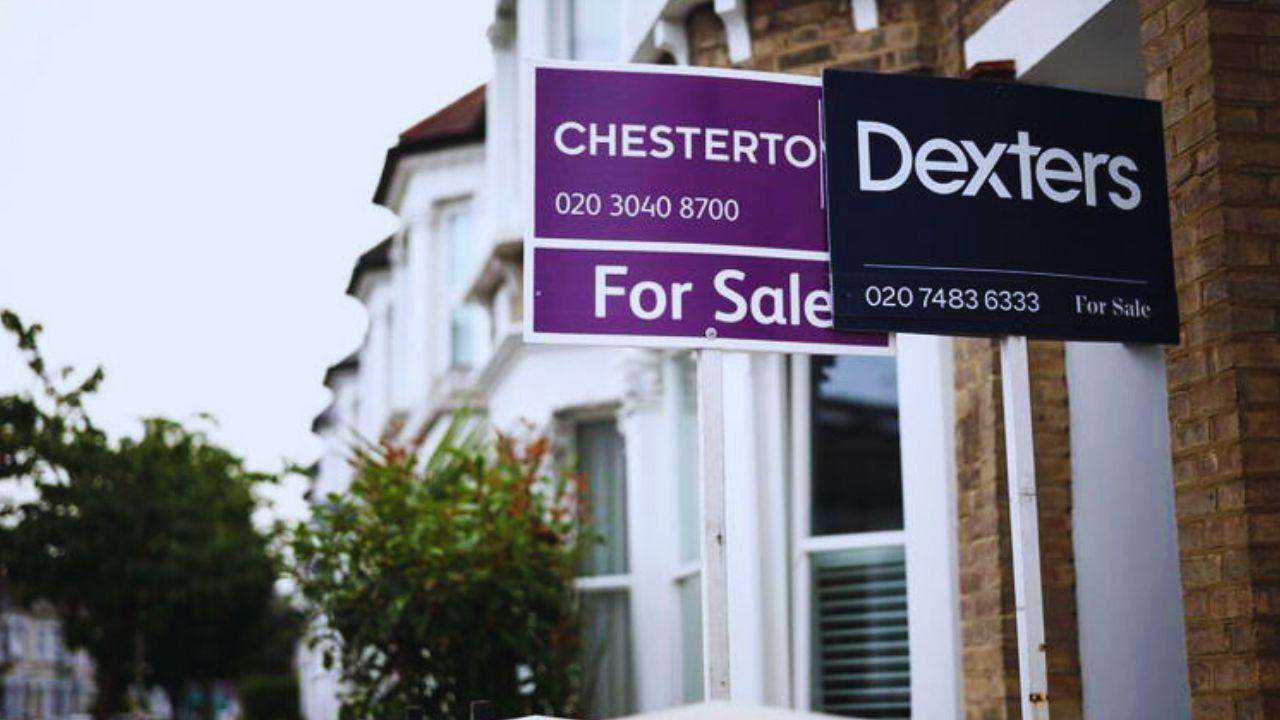Homebuyers are rushing to complete their deals before the April 1 increase in stamp duty. This comes after the last Conservative government's stamp duty vacation was not extended by Chancellor Rachel Reeves.
First-time purchasers will be particularly hard hit by the change, which will raise the cost of completing a purchase by hundreds of pounds. According to real estate platform Zoopla, buyer interest has increased by 25% and property transactions agreed during the last four weeks have increased by 19% when compared to the same period in 2023.
This surge is expected to continue into the early weeks of the new year. The urgency to buy now is so great that some property experts believe buyers will risk paying more than necessary just to secure and complete a purchase before the stamp duty increase.
- The changes mean:
- The nil rate threshold for paying stamp duty, currently £250,000, will revert to the previous level of £125,000
- The nil rate threshold for first-time buyers, currently £425,000, will return to the previous level of £300,000
- The maximum purchase price for which First-Time Buyers Relief (a reduced stamp duty rate) can be claimed, currently £625,000, will return to the previous level of £500,000.
The net effect of these changes means that, for example, a first-time buyer purchasing a property at £425,000 who currently pays no stamp duty will be charged £6,250 from April 1, 2025. In parts of the country where average house prices are higher, there's a surge in young people trying to get on the property ladder. First-time buyers in London, looking to purchase an average priced house at £531,212, are set to be worst affected, having to find an additional £11,250 when the changes take effect.Matt Thompson, head of sales at estate agency Chestertons, commented: "We are seeing more buyers entering the market which is not typical for this time of year... one reason for this is the change to stamp duty. This is driving first-time buyers to get on the property ladder before that deadline."However, agents and mortgage brokers have warned that rushing to complete a property purchase when conditions are sub-optimal can prove costly. A first-time buyer of a £500,000 home will pay an additional £6,250 in stamp duty from April.But overpaying by even 2 percent in a rush to beat the deadline would see them spend £10,000 more. Jessica Sully, of Kingston-based estate agent Carringtons, told the Telegraph: "The message to first-time buyers is don’t put yourself under too much pressure to secure a property before the stamp duty changes at the end of March 2025."With lower stock levels and rising demand, sellers have the upper hand. Typically, we see more properties come to market at the start of January and with an increase in stock there will be more choice and control. Be wary of bidding wars and paying over the odds for a property in a panic as this will negate any savings."Charlie Lamdin, who heads up the estate agent network Best Agent, commented: "There’s always a rush to beat a stamp duty increase deadline. Unsurprisingly, people are happier pouring money into property than giving it to HMRC, especially as they can borrow money for the property, but not for stamp duty."This makes sense up to a point, but when buyers become fixated on it, it can and does result in buyers overpaying for a home. "He continued: "In the flurry of a bidding war on a property, people can get carried away, not only because they want to win the bidding to beat the deadline, but also because they want to avoid going back to square one and having to start all over again looking for another home. It is very time-consuming."First-time buyers with large loan-to-value mortgages need to be extremely careful, as they are the ones most likely to end up overpaying in this scenario. House prices don’t always go up, and you can very quickly find yourself in negative equity, stuck with a home you can’t sell when you need to move."David Hollingworth, from broker L&C Mortgages, added: "It’s important that buyers remain clear-eyed about making the right offer on the right property. That means remaining focused on finding a property that will suit your requirements and is at the right price.""Keep things in perspective. There may be a lull after the [stamp duty] deadline passes as buyers bring their plans forward, which could allow for more negotiation in the aftermath. No one wants to pay more stamp duty than they have to."
_7.jpg)

_8.jpg)

_7.jpg)



.svg)



